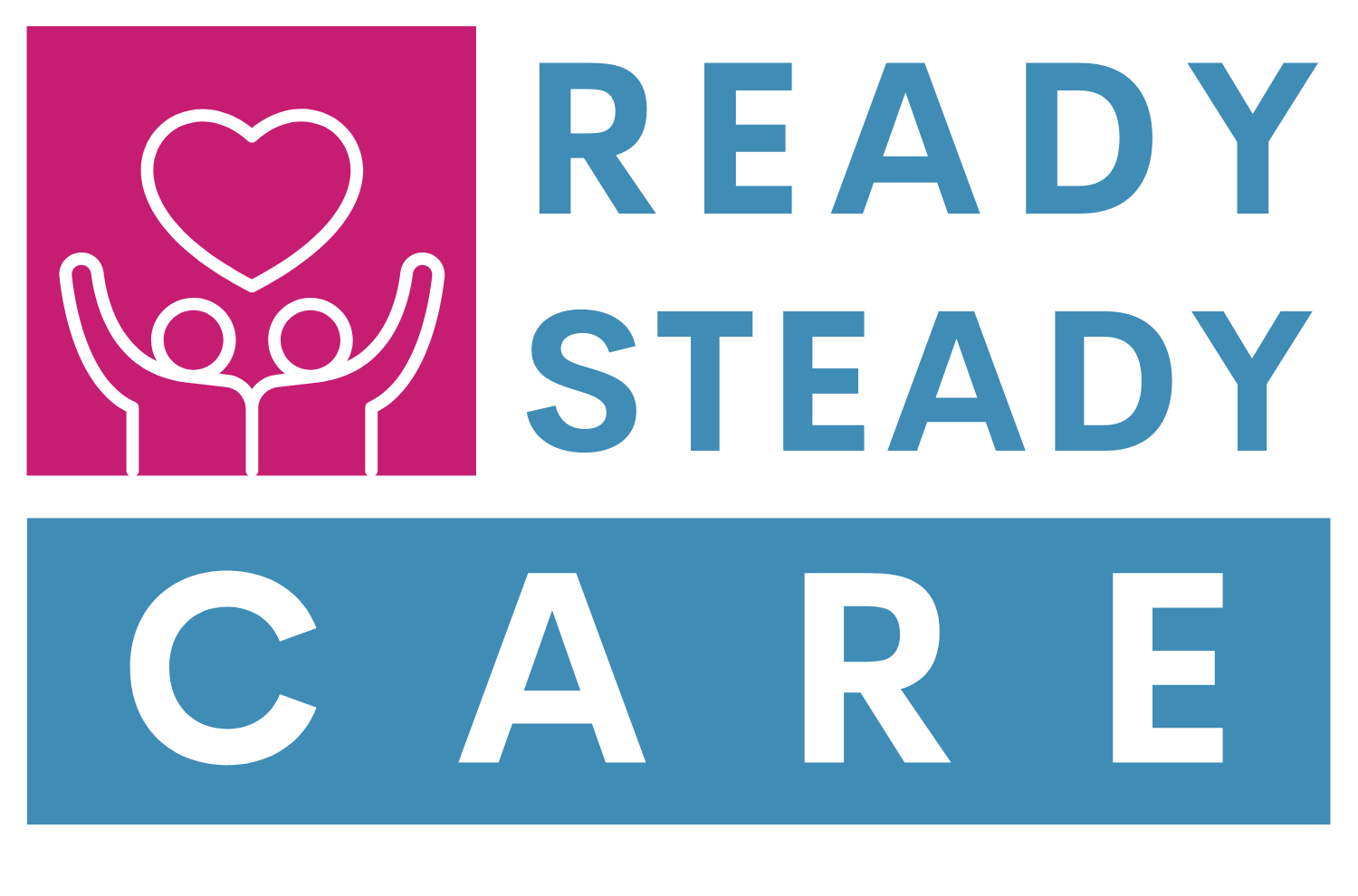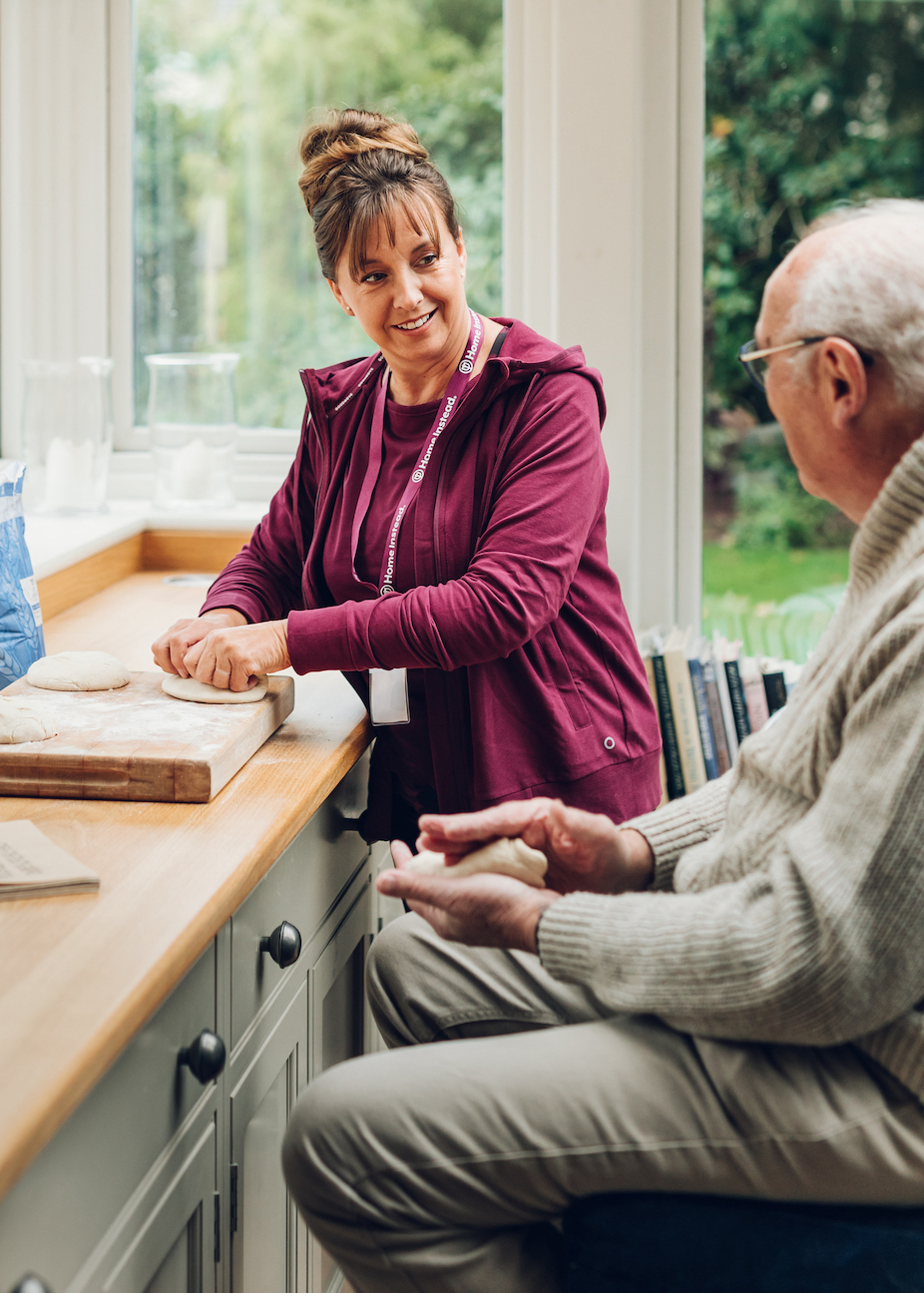Signs of learning disabilities in adults
Did you know that around 1.5 million people in Britain have a learning disability? About 2.16 per cent of them are adults with learning disabilities.

People with learning disabilities have difficulty understanding and processing information, communicating with others, and learning new skills.
Sometimes, learning disabilities are not diagnosed in childhood. This can lead to a variety of problems later, including the inability to receive the support they need to live a full life.
Families of people with learning disabilities will know what support they might need to have a full life and to even live independently. They have a better understanding of why certain tasks are harder or take longer for them to complete.
But anyone with learning disabilities can still live independently! It just depends on their type of learning disability and what help the individual needs.
Signs of Learning Disabilities?
It can be hard to know or consider that you may have a learning disability as an adult. Living with the problem for many years is normal.
Even though mild symptoms may not be obvious, there are signs that you should look for.
Adult signs of a Common Learning Disability
Some of the common learning disabilities in adulthood include:
- Difficulties in understanding information
- Problems with reading, writing, or maths (Dyslexia)
- Learn new skills slowly
- Memory problems
- Communication problems, such as slow speech or a limited vocabulary
- Difficulties in understanding and following conversations
- Problems with coordination
- It is difficult to grasp concepts like direction and time.

How do I know if I have a learning disability?

Take this test to see if you tick most of the boxes.
The following are some of the most common signs of a learning disability:
- Difficulty understanding written material
- Poor memory
- Lack of interest in education
- Difficulty completing tasks
- Being easily distracted
- Having trouble paying attention
- Not being able to follow instructions
- Trouble remembering things
- Repeating mistakes
- Poor judgement
- Poor decision making
- Poor planning
- Poor organisation
- Problems with time management

It is crucial to get a diagnosis
Adults without a diagnosis of learning disabilities may not be aware of their needs, and they might blame their inability to solve their problems. Severe learning disabilities can impact career choices, and lead to low self-esteem, feelings of low self-worth, and eventually, psychological and emotional issues like depression.
A person with learning difficulties may feel ashamed of their motor skills and stop trying. However, they might have been able to reach their educational or other goals if they had the right support. A diagnosis will help someone with learning disabilities. They will be put in contact with the correct services for people with learning difficulties. So they can receive the disability service support they need, to create a health action plan which will improve their quality of life via their social skills, find fulfilling employment, and lead independent lives.
A person could struggle with daily living without a diagnosis or the right support. One example is that someone might be able to communicate, work, and live independently, but have difficulty learning new skills like reading, writing, maths, and processing new information.
Can it be difficult to get a diagnosis?
It can be difficult to diagnose a mild learning disability as the individual will often mix well with others and will be able to cope with most everyday tasks. However, they may need support in other areas of their life, such as filling out forms.
Severe Learning Disability & Multiple Learning Disability
People with a severe learning disability or profound and multiple learning disability (PMLD), will need more care and support in areas such as mobility, personal care and communication. People with a moderate learning disability may also need support in these areas, but not definitely.
ADHD
Many children with ADHD are disciplined for misbehaving, but they can’t control their actions. ADHD makes it difficult to concentrate, which can lead to one child distracting others around them in a classroom setting. Some symptoms of ADHD include unable to sit still and being disorganised or forgetful.
Autism
Autism isn’t considered a learning disorder, but around half of people on the autism spectrum have one. Sometimes autistism can go undiagnosed in women, especially if they are better at hiding their symptoms. They may continue to live their lives as normal without the support they need.
As an adult, you can be diagnosed with a learning disability
Talk to your GP if you are concerned that someone you know or you may have a learning impairment.
Your GP can make a preliminary assessment. If they feel further examination is necessary, they will refer you to a psychologist. A clinical psychologist might be able to diagnose you by taking a look at your adaptive and intellectual behaviour.
Adaptive behaviour involves the individual’s mental skills (reading, writing and numeracy). Social skills (interpersonal skills, social responsibility. self-esteem) as well as practical skills (daily activities, money, safety, routines).
Intellectual functioning is a person’s ability to think, plan, problem solve, learn, and understand complex ideas.
Assessing an individual is vital to determine if they meet the criteria for learning disabilities. This includes gathering information about their behaviour and history.

Assessment of an adult with a learning disability
A GP or clinical psychologist might ask about family members to determine if you are a candidate for a diagnosis.
- Social history and family history
- History of development
- Health problems during childhood
- Education history
- Current medication and medical history
- Mental health issues
- Family interpretations of the individual's difficulties
- Previous Cognitive assessments
- Vision and hearing
- Motor difficulties

Factors to be considered when assessing intellectual behaviour include:
- Environment - Testing for a learning disability must be done in a quiet, well-lit room free of distractions.
- If the person is in distress, a mental health assessment should not be done. Medication - Legal or illegal medications can have an impact on an individual's performance. This should be considered during the assessment.
- Fatigue - Performance is affected by fatigue. Assessments should be avoided when an individual is too tired.
- Motivation - It is essential that an individual does their best during the testing process in order to have the results deemed valid.
- Effort – The individual might deliberately underperform in an assessment to access benefits, services, or activities. This should be considered.
- Language, culture, and ethnicity - If English is not the person's first language, the psychologist must acknowledge cultural differences, try to understand them, and be open to possible misunderstandings.
- Sensory impairments and other impairments - Poor cognitive performance can be caused by sensory, language or physical difficulty.
Factors that are used in the assessment of adaptive behaviour:
An adaptive behaviour assessment will determine if an individual is capable of functioning independently.
This information should be obtained from people who know the person well and are familiar with their daily lives.
To assess conceptual skills like reading, spelling, and numeracy, it is possible to use specific tests.
What causes a Learning Disability?
Sometimes it is because a person’s brain development is affected, either before they are born, during their birth or in early childhood.
It can be caused by things such as:
- The mother becoming ill during pregnancy
- Problems during birth that stop enough oxygen getting to the brain
- The unborn baby having some genes passed on from its parents that make having a learning disability more likely illness, such as meningitis

Frequently Asked Questions
Adult learning disabilities can manifest as difficulties understanding information, slower learning, memory problems, communication problems, difficulty understanding time and direction, and other issues.
You could live your life without a learning disability diagnosis and blame your shortcomings on others. This could impact your career choices, self-esteem, and self-worth. It could also lead to more serious psychological and emotional issues. You will be able to find the right support for your goals by getting a diagnosis.
Your GP can make a preliminary assessment and refer you to a clinical psychologist if you believe you might have a learning disorder. A clinical psychologist might be able to diagnose you by taking a look at your adaptive behaviour and intellectual functioning.
It is estimated that around 1.5 million people in the UK have a learning disability, with about 1.13 million being adults.



